Meta finally updates Messenger to allow sharing larger files
Despite the popularity of WhatsApp and other messaging apps, Meta’s Messenger (or Facebook Messenger) maintains an incredibly healthy userbase. Millions of people continue to use this stalwart of social messaging even though it has various limitations when compared to its rivals.
But Meta has just addressed an issue that has irked users for a long time: the size of file attachments. For far too long, a file size limit of 10MB has been in place -- a limit that is way out of line with modern file sizes (although it was higher for some users). Now it has been increased.
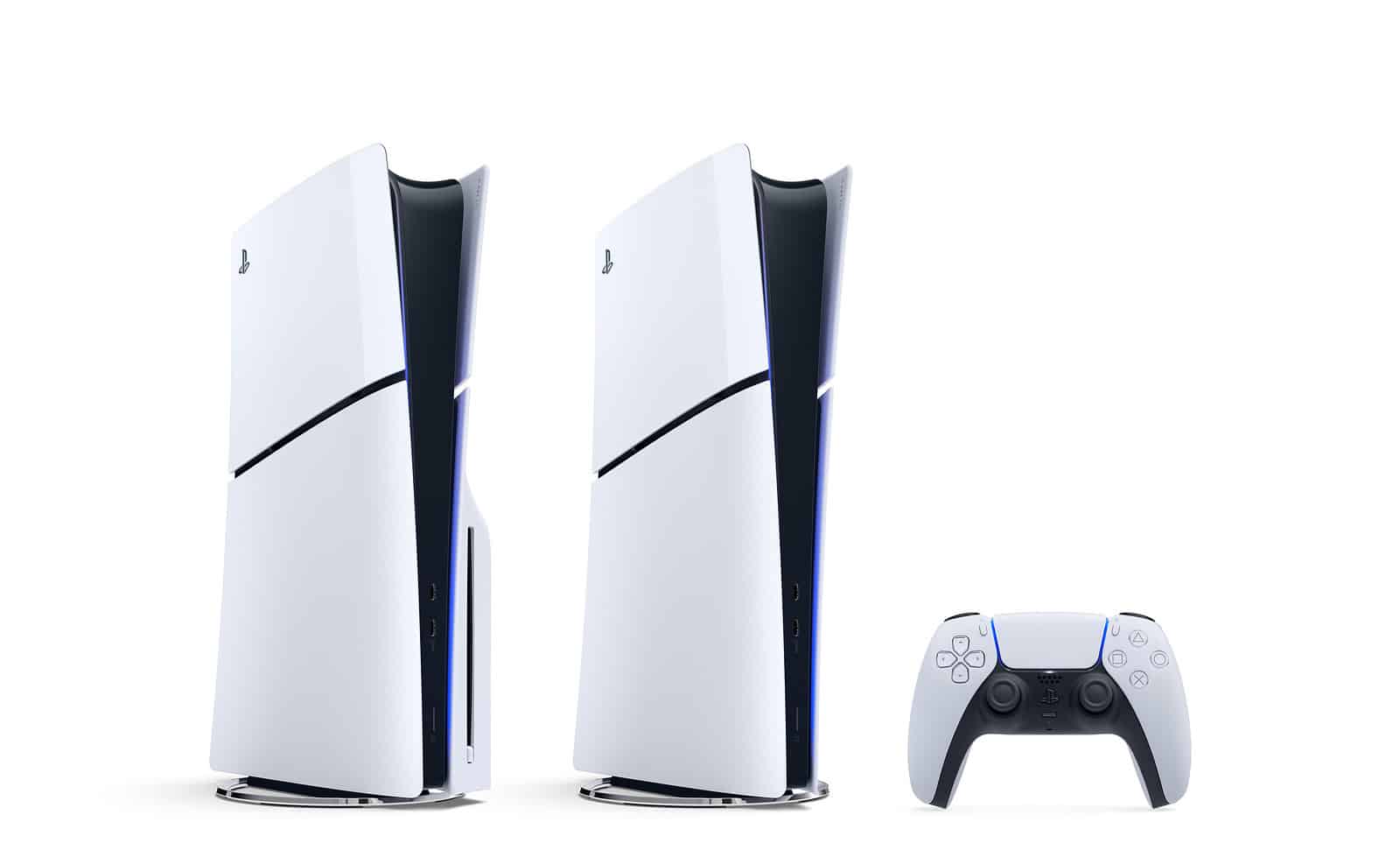
Sony hikes PS5 price again but shockingly skips the USA
Sony has once again bumped up the price of the PlayStation 5 Digital Edition across several markets (Europe, Australia and New Zealand), citing economic challenges like inflation and unstable exchange rates. Starting April 14, gamers in some regions will have to pay more to get their hands on the digital-only version of the console. The price of the standard model with the disc drive is also going up in some countries, though not all. Curiously, despite Donald Trump’s confusing tariffs, one major country isn’t affected at all -- the United States.
In certain regions, the PS5 Digital Edition now costs €499.99 or £429.99, depending on where you live. Other places are seeing even steeper prices, hitting figures like AUD $749.95 or NZD $859.95. The standard version with a disc drive is also being adjusted in those same areas, sometimes hitting nearly NZD $950. The PS5 Pro, on the other hand, remains untouched. For now, at least.

Windows 7 Elite Edition fixes Microsoft's biggest Windows 11 mistake
Ever since Microsoft pulled the plug on support for Windows 7 in January 2020, many users have felt like something was missing. Known for its clean interface, reliability, and minimal bloat, Windows 7 struck a balance that newer versions of Microsoft Windows have struggled to replicate.
While Windows 10 and 11 have introduced modern features and visual updates, not everyone welcomes the shift, especially those who value simplicity and familiarity (and don't want AI features jammed in everywhere). For a lot of longtime Windows users, Windows 7 wasn’t just an operating system; it was the sweet spot in Microsoft’s design history, and its "end of life" marked the beginning of a long search for that classic experience in a modern shell.

Beyond words: What AI is really learning -- and what it knows that we never taught it
Imagine you had to finish every sentence in every book ever written -- with just your best guess of the next word. That’s how large language models (LLMs) like GPT-4 start learning.
LLMs use self-supervised learning, meaning they don’t need someone to label or explain the data to them. Instead, they learn by reading vast amounts of text from books, code, academic papers, Wikipedia (and its 57 million+ articles), Reddit forums, and news articles, in addition to billions of others, and then predicting what word comes next in a sentence -- over and over again.

From bland to beautiful: Seelen UI transforms Windows 10/11 into the OS it should be -- get it today!
If you’ve ever wished that Windows 10 or Windows 11 were a little less, well, boring, you’re not alone. Microsoft’s operating systems are functional, but they hardly wow in the design department.
Thankfully, Seelen UI is here to save the day. It’s a free tool that reimagines what a Windows desktop could look like and behave, providing users with everything they need to completely transform Microsoft’s OS. The customization features on offer allow you to craft a unique, stylish, and practical workspace.
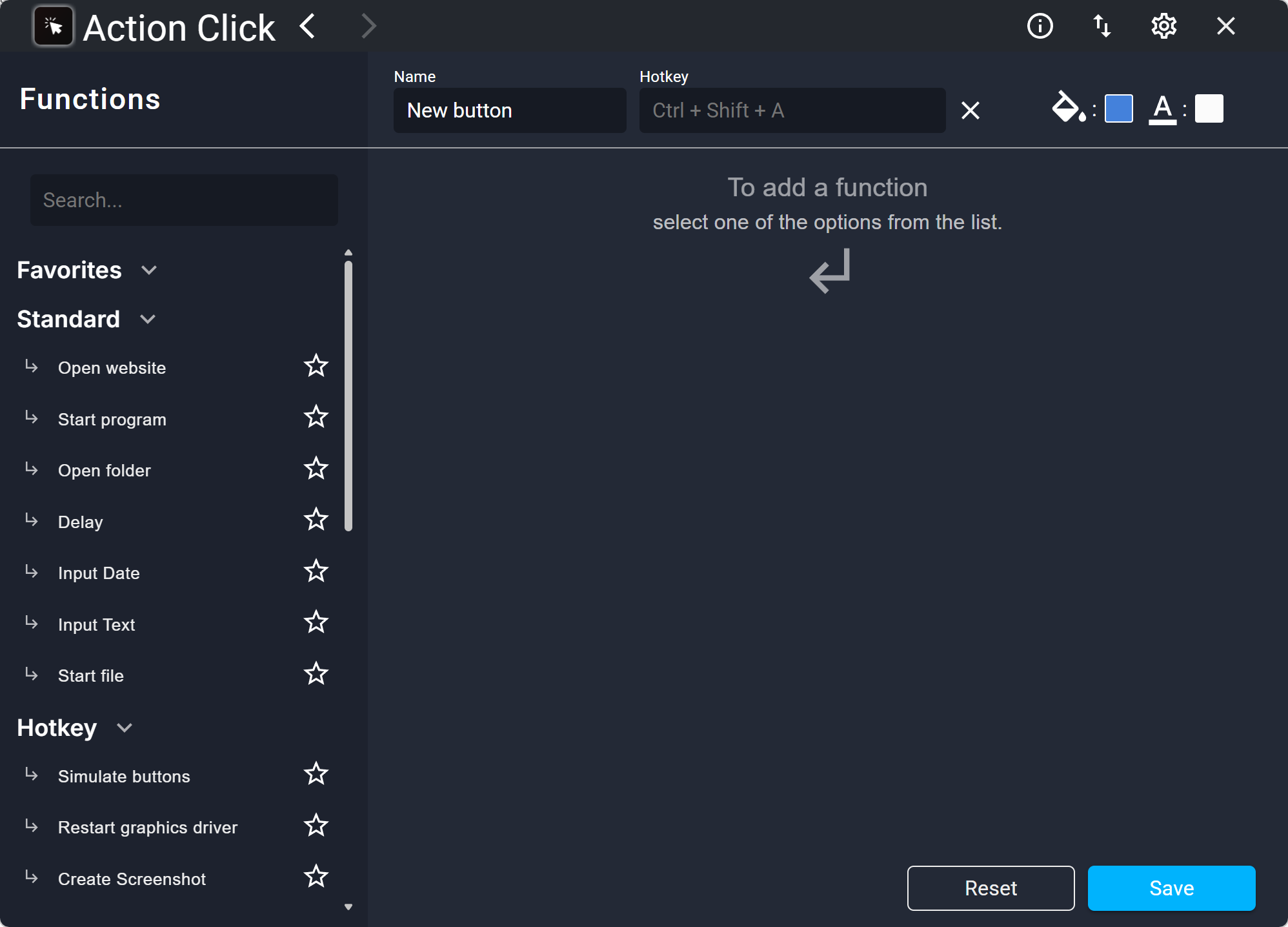
Best Windows apps this week
Six-hundred-forty-two in a series. Welcome to this week's overview of the best apps, games and extensions released for Windows 10 and 11 on the Microsoft Store and elsewhere in the past seven days.
Microsoft released security updates for Windows this week that introduce a few new features to Windows 11 as well. The update creates a mysterious inetpub folder in the root drive next to that, which is empty and can be deleted.

Initial access brokers target mid-sized businesses for ransomware
Initial access brokers (IABs) are the invisible engine of modern cybercrime. They don't execute ransomware attacks, but they do enable them.
Research from Check Point External Risk Management (formerly Cyberint) shows that IABs are increasingly targeting smaller businesses, with 60.5 percent of listings targeting SMBs (companies with $5M - $50M revenue), representing a new 'sweet spot' for attackers.
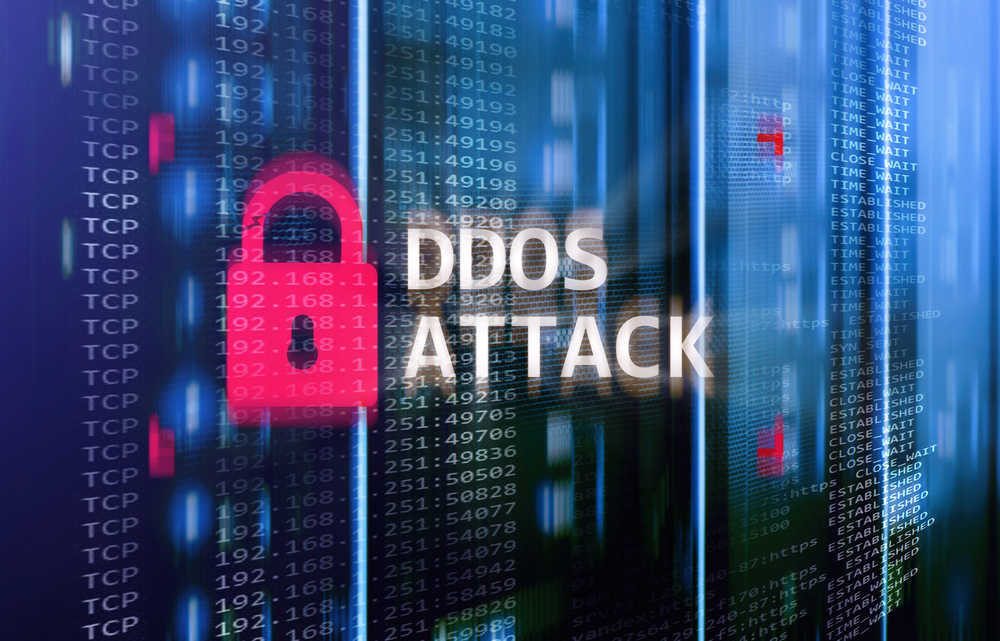
Gcore launches DDoS protection for enterprise infrastructure
Organizations are increasingly faced with complex DDoS attacks that disrupt operations, increase latency, and compromise network security.
Security solutions company Gcore is launching 'Super Transit', which is not a big van but a cutting-edge DDoS protection and acceleration feature, designed to safeguard enterprise infrastructure while delivering lightning-fast connectivity.

Reskilling IT for AI and machine learning environments [Q&A]
As AI and machine learning technologies rapidly evolve, IT professionals must continuously adapt their skills to stay competitive in the workforce. This requires not only technical expertise but also a commitment to lifelong learning, including earning relevant certifications and developing crucial soft skills like communication and adaptability.
Companies can support this growth by fostering a culture of continuous learning, offering reskilling and upskilling opportunities, and providing tailored training paths for their employees. By prioritizing ongoing development, businesses can ensure their workforce remains at the forefront of emerging technologies, preparing them for the challenges of the AI-driven future.
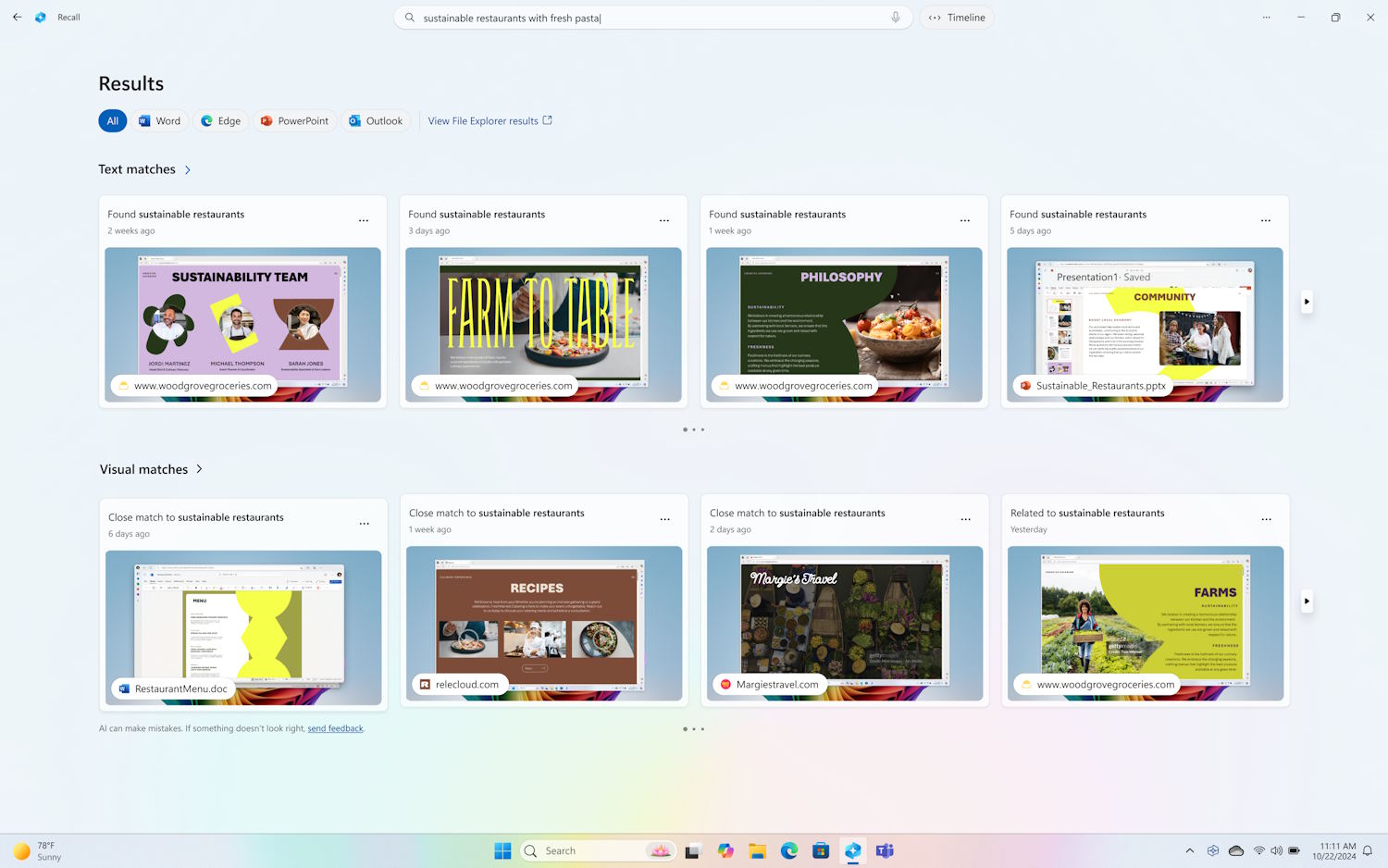
Microsoft thinks its controversial Recall feature is ready for some Windows 11 users to try out... install it if you dare
When Microsoft first added the AI-powered Recall feature to Windows 11, it could hardly have been expecting the backlash that came from users. Concerns about privacy and security forced the company to delay the rollout of the activity and screen monitoring snapshot tool.
Now Microsoft thinks it has made the improvements required to calm the concerns of those who spoke out very loudly against the tool. A new preview version of Recall is making its way to some users right now.
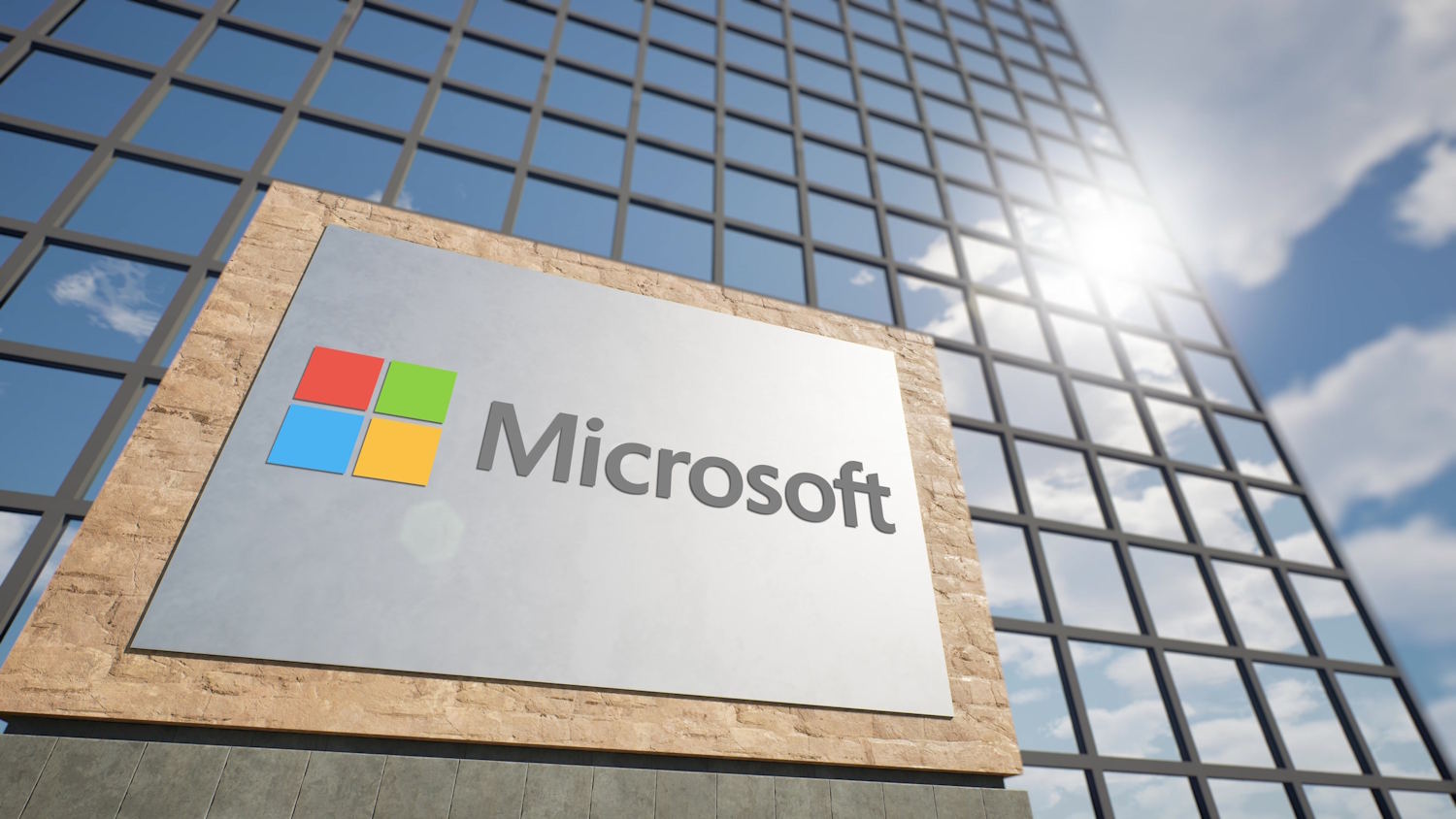
Microsoft has a fix for Office 2016 issues after faulty update broke Word, Excel and Outlook
There is not long left for Office 2016 in terms of official support from Microsoft, but it felt like adding salt to the wound when a recent update caused Word, Excel and Outlook to stop working.
Microsoft is certainly no stranger to breaking Windows with problematic updates, but with the KB5002700 security update released earlier this week, it was Office 2016 that was affected. So severe were the problems caused, Microsoft has been forced to release an out-of-band fix.

Microsoft 365 Family licensing snafu causes a ‘Your subscription expired’ message
Microsoft has just found a new way to interfere with its customers’ productivity. While software updates are frequent culprits for downtime, some Microsoft 365 subscribers have been hit with a warning that their subscription has expired, leaving them unable to edit Office documents.
The issue affects Microsoft 365 Family users, many of whom have been locked out of their accounts despite having a valid subscription in place. The problems started yesterday and are still ongoing for some.
Microsoft releases PowerToys update to fix issues with the new Command Palette
There is another update available for Microsoft’s delightful PowerToys utility collection. Hot on the heels of the recent release that saw the addition of a new tool, comes PowerToys v0.90.1.
Coming so soon after version 0.90.0, it shows the pace at which those developing PowerToys are working and in this instance it sees important improvements to the brand-new Command Palette module. There is a lot that could be learned by the Windows 11 development team from the speed at which issues have been fixed in PowerToys.
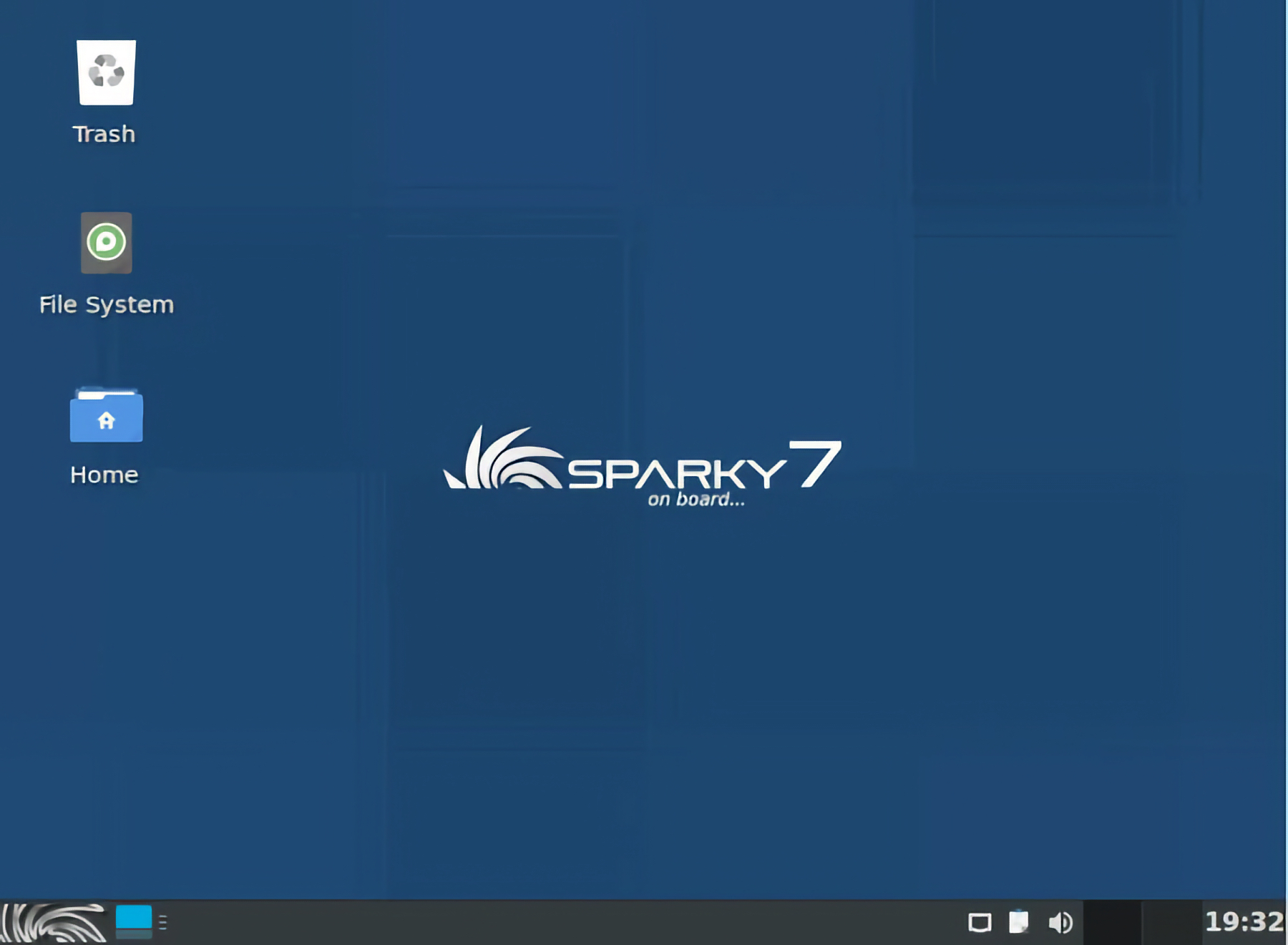
SparkyLinux 7.7 is the free Windows 11 alternative you didn’t know you needed
Are you tired of the constant updates, ads, and restrictions in Windows 11? Well, folks, you’re certainly not alone. Thankfully, SparkyLinux 7.7 “Orion Belt” just dropped, and this open source operating system might be the escape hatch you’ve been looking for. Built on Debian 12 “Bookworm,” this is exactly the kind of no-nonsense Linux distro that gives users freedom, speed, and stability without all the Microsoft bloat.
Unlike Windows 11, SparkyLinux doesn’t shove AI assistants in your face or lock you into a Microsoft account. Instead, it quietly gets the job done. Quite frankly, that’s what makes it a solid choice for folks who just want their computers to work.
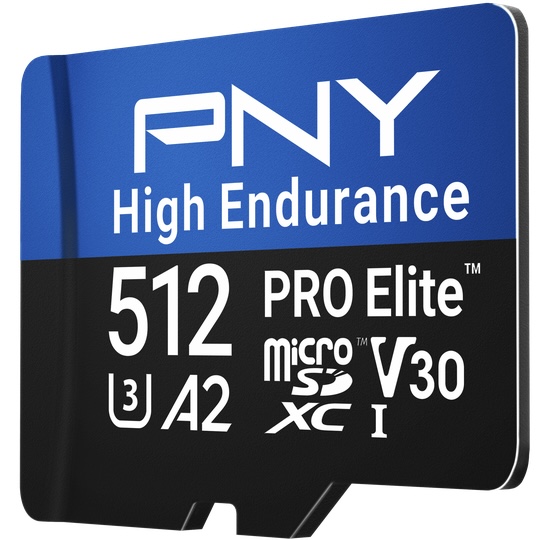
PNY PRO Elite High Endurance microSD cards offer 15 years of nonstop video recording
PNY is targeting consumers who need serious reliability from their storage media. You see, the company just rolled out its new PRO Elite High Endurance microSD cards, and these things are designed for folks using dash cams, security cameras, body cams, and more.
Unlike regular microSD cards that can wear out over relatively quickly, these are designed for the long haul. The top-tier 512GB model is rated for up to 137,600 hours of Full HD recording. That’s more than 15 years of writing and rewriting video -- assuming you’re pushing it to the limit. Even the smaller capacities can handle thousands of hours of use.



